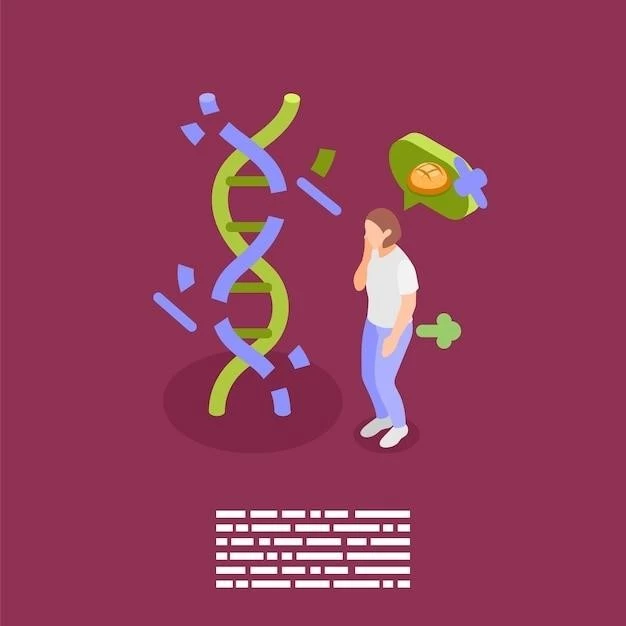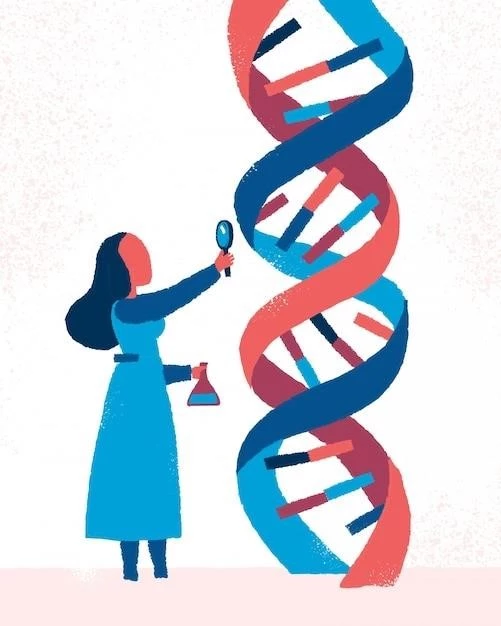Overview of Monosomy 9p Symptoms
Individuals with Monosomy 9p may experience developmental delays, intellectual disabilities, distinctive facial features, growth delays, heart defects, and kidney abnormalities. Additional symptoms can include seizures, hearing loss, and vision problems.
Genetic Mutation on Chromosome 9

The main cause of Monosomy 9p is the deletion or loss of a portion of the short arm of chromosome 9. This genetic mutation can occur randomly or be inherited from a parent. The loss of genetic material on chromosome 9 leads to the symptoms and characteristics associated with Monosomy 9p.
Therapeutic Interventions
Treatment for Chromosome 9 Deletion focuses on managing symptoms and providing supportive care. Therapies may include early intervention programs, speech and occupational therapy, educational support, surgical interventions for associated medical issues, and ongoing monitoring to address the needs of the individual.
Effects on Physical and Cognitive Growth
Monosomy 9p can lead to delays in physical milestones such as walking and talking. Individuals may also experience challenges in cognitive development, learning abilities, and may have intellectual disabilities. Early interventions and specialized therapies aim to support overall growth and development.
Diagnostic Procedures
Diagnosing Chromosome 9 Abnormalities involves genetic testing to identify the specific genetic mutation or deletion. Techniques such as chromosomal microarray analysis (CMA) and fluorescent in situ hybridization (FISH) are used to pinpoint the chromosomal abnormalities associated with conditions like Monosomy 9p.
Long-Term Outlook
The prognosis for Monosomy 9p patients varies depending on the severity of symptoms and associated health issues. Early diagnosis, treatment interventions, and ongoing support can significantly impact long-term outcomes. Regular medical monitoring and multidisciplinary care can help improve quality of life for individuals with Monosomy 9p.
Role of Genetic Counselors
Genetic counselors play a crucial role in Chromosome 9 Disorders, providing families with information about the genetic condition, discussing inheritance patterns, facilitating genetic testing, and offering guidance on available support services. They help individuals make informed decisions about their healthcare, reproductive options, and family planning.
Current Studies and Breakthroughs
Ongoing research on Monosomy 9p focuses on identifying new treatment approaches, understanding the impact of specific gene mutations on development, and exploring potential therapies to address associated health complications. Recent advancements in genomic technologies offer hope for improved management strategies and outcomes for individuals with this chromosomal abnormality.
